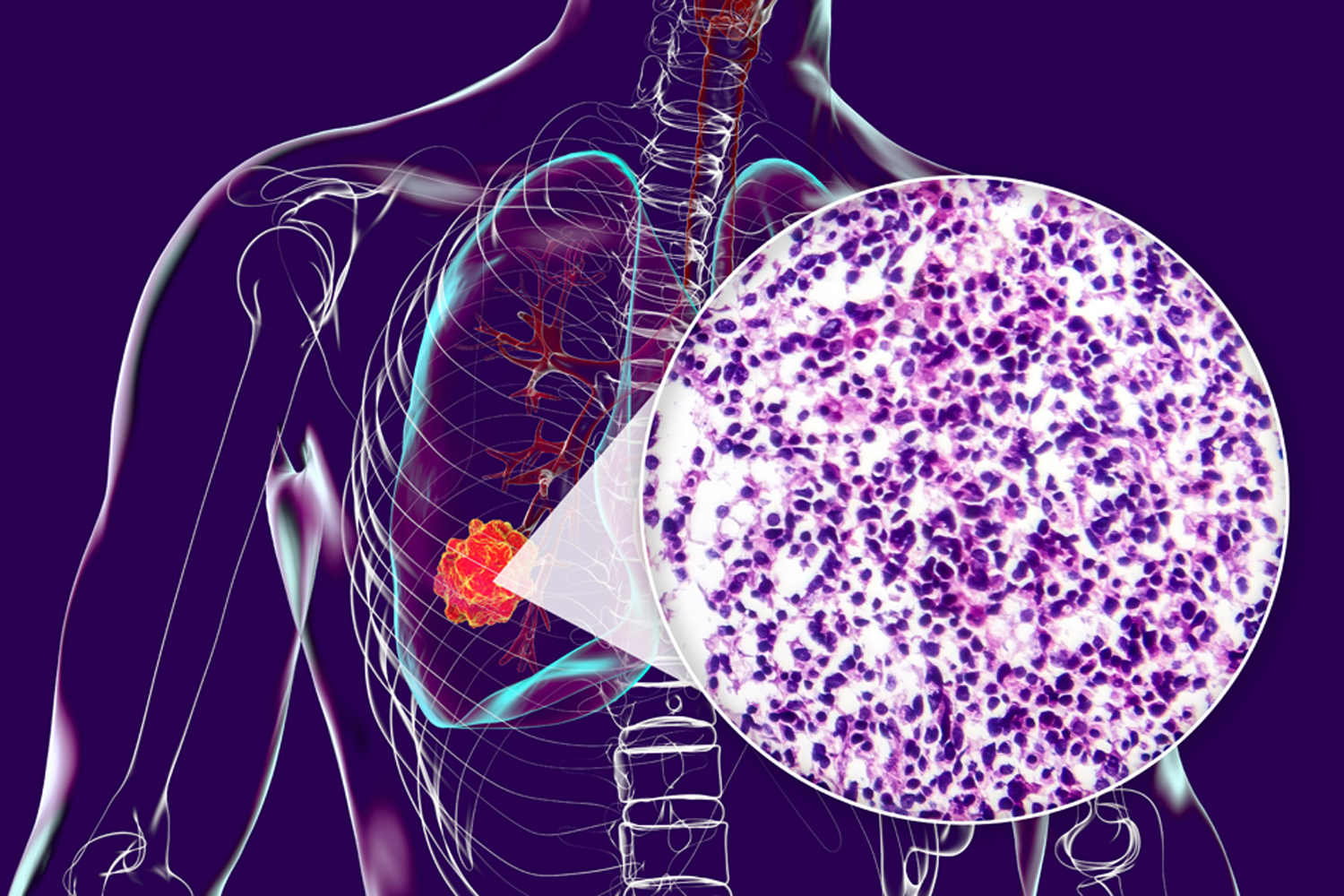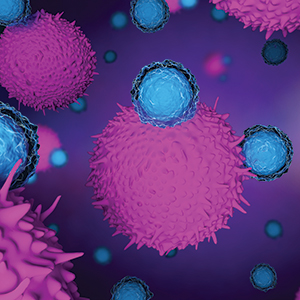-
Holding Off on Treatment
Patients diagnosed with low-risk prostate cancer are increasingly opting against immediate surgery or radiation in favor of regularly monitoring their disease.
by Jon Kelvey
-
Young Colorectal Cancer Patients Are Often Misdiagnosed
A new survey suggests that young adults with colorectal cancer struggle to receive an accurate, prompt diagnosis.
by Bradley Jones
-
Making Clinical Trials More Inclusive
Broadening clinical trial eligibility criteria to include cancer patients who also have other health conditions could increase trial enrollment.
by Ashley P. Taylor
-
What Do Clinical Trial Endpoints Really Measure?
A study investigates whether a commonly used clinical trial endpoint, progression-free survival, can be used to predict quality of life.
by Jon Kelvey
-
Treating Breast Cancer in Men
Hormone therapy may lengthen life in men with hormone-related breast cancer, but this treatment is prescribed less frequently for men than for women.
by Marilyn Fenichel
-
Forward Look
A Matter of AgeCell and molecular biologist Ashani Weeraratna discusses how older patients respond to immunotherapy.
by Sue Rochman
-
Forward Look
Treating Head and Neck Skin CancersA study suggests high-risk patients do not need chemotherapy.
by Stephen Ornes
-
Forward Look
In Women, Lung Cancer Rates Are Rising WorldwideLung cancer deaths are set to surpass breast cancer deaths in many regions.
by Cameron Walker
-
Forward Look
Breaking Down Breakthrough Cancer TherapiesDrugs approved through this pathway may have limited evidence.
by Lindsey Konkel
-
Tomorrow’s Trials
New tools are being integrated into the research process to ease patients' access to clinical trials and improve their experience.
by Bradley Jones
Cancer Talk
Lessons From 20 Years Living With Cancer
Multiple myeloma survivor Jonathan Gluck reflects on uncertainty, and the scientific progress that has kept him living with cancer for more than two decades.
by Eric Fitzsimmons
The Enduring Importance of Cancer Disparities ResearchOpening session from AACR conference highlights how perseverance and adversity have informed cancer disparities research over the years.
by Eric Fitzsimmons
Most Cancer Survivors Don’t Meet Healthy Diet GoalsDespite research linking fruits and vegetables to cancer survival, many people do not change their eating habits after diagnosis.
by Darlene Dobkowski
Many People Don’t Get Colonoscopy After Receiving Abnormal Blood TestsAbout half of people who receive abnormal results from colorectal cancer screening tests don’t follow up with a colonoscopy.
by Laura Gesualdi Gilmore















